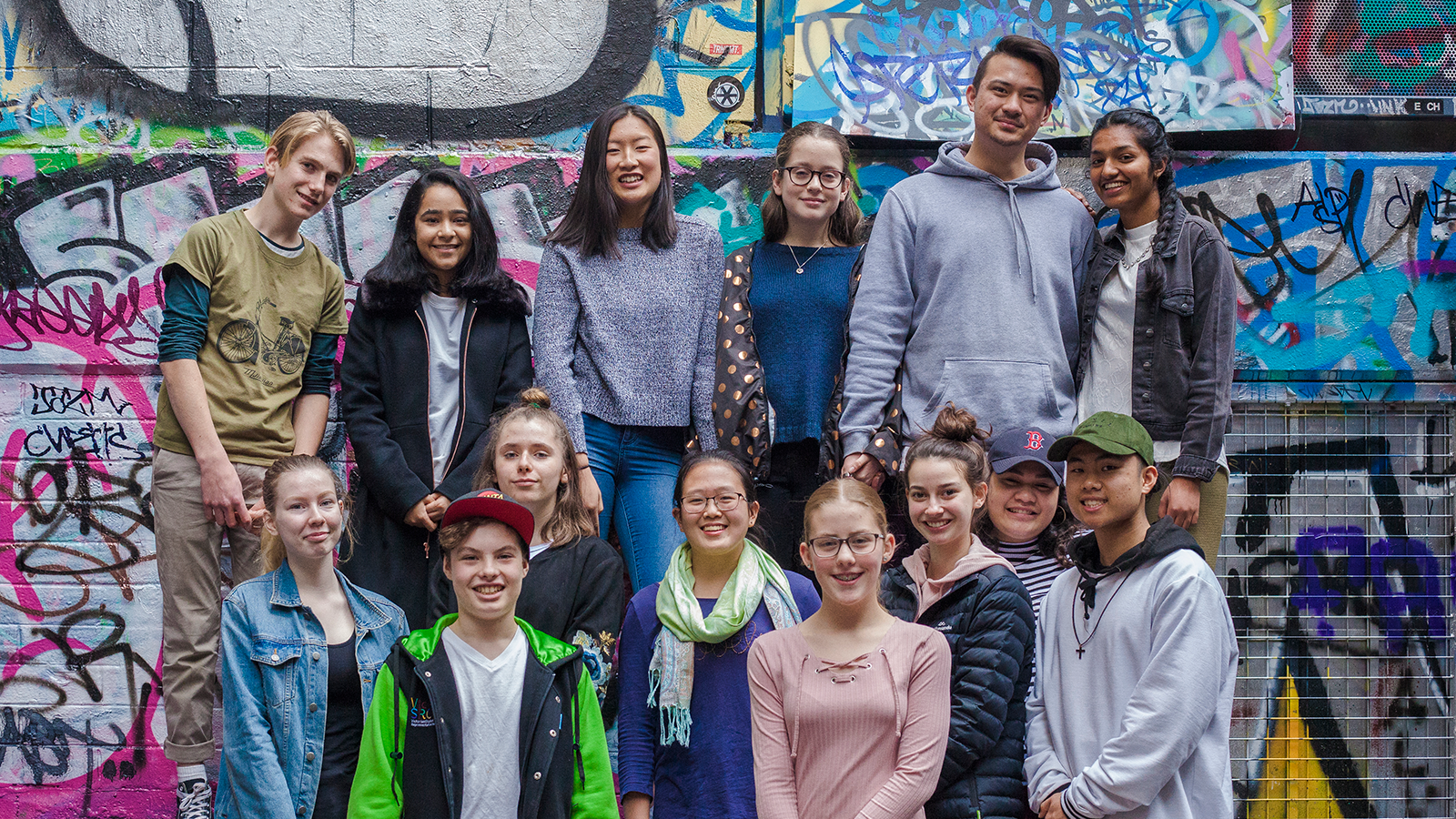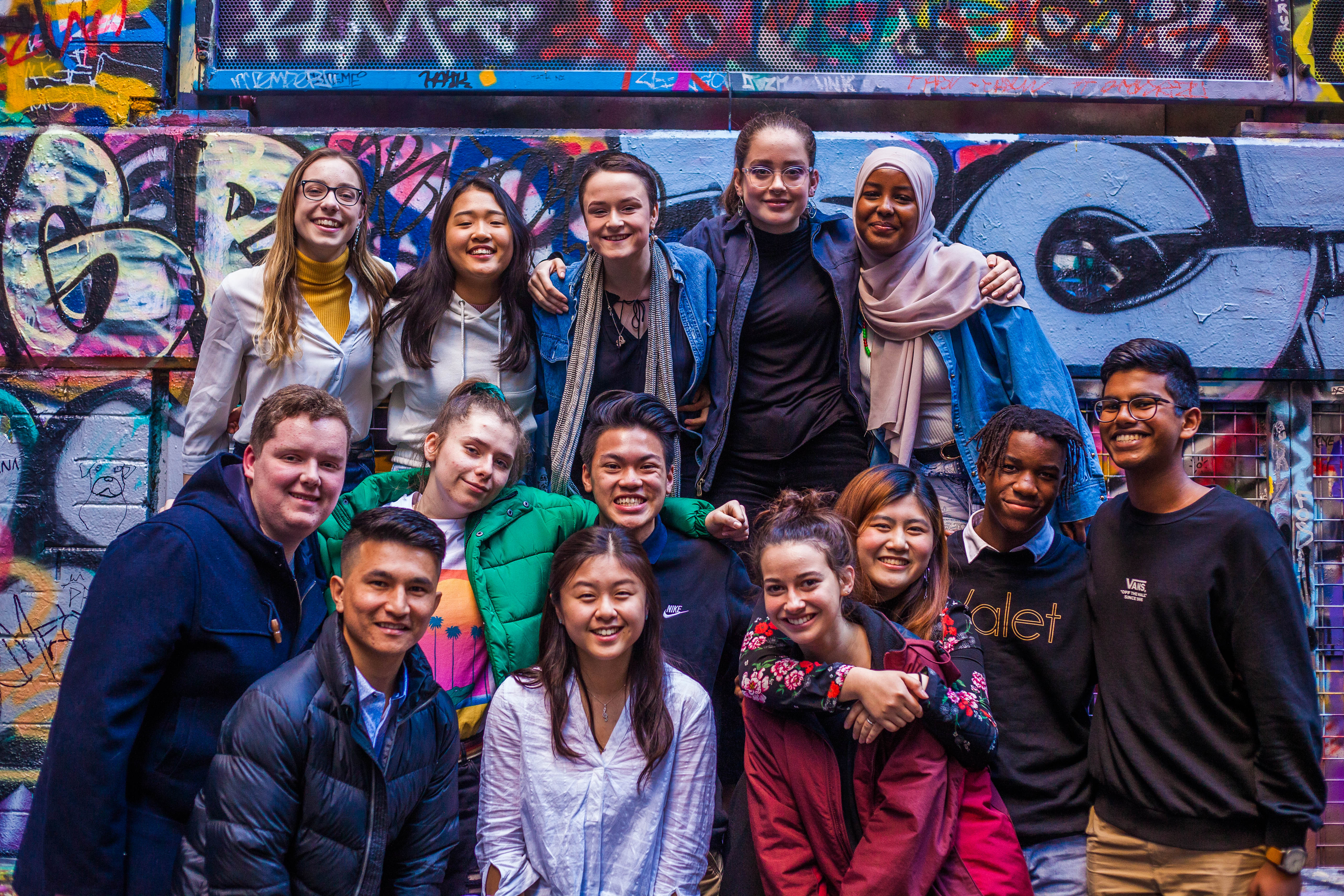My first ever Congress was in 2017, and I was amazed at how eager students from across Victoria to make change in their education system. Congress is an annual event where students from years 7-12 from all across Victoria. Congress is where students unite as one to make an influential impact not just within schools but on a state level!
Students gather from Bendigo to Sunshine to Myrtleford to Mildura to Casterton to Gippsland and it is by far an unmissable event, and an amazing atmosphere to be surrounded in. Congress is where staff, volunteers and the 15 Executive members help organize a three-day event accompanied by 200+ students from over 60+ schools where students present their 12 action team proposals in front of key stakeholders and the honorable Minister Merlino.
At Congress, it doesn’t matter if you are from Private Schools, Public Schools, TAFE, Catholic Schools, Government Schools or anything else, all student voice’s matter and by working together we can all make change that will impact Victoria for good!
My first year at Congress I was elected onto the Executive Team and within a year, I have gained a lot of skills abilities and have made amazing friendships and have had the privilege to be apart of the Exec team and help make change with the rest of the students of Victoria.
This year, by keeping the similar style of an un-conference like feel, it helped students pick issues and topics that are generally important to them. I would like to give a big thanks to the Volunteers, Staff, the amazing Executive team and the Ormond College staff for making Congress 2018 happen and making it such a huge success!!
Throughout Congress, you could see the passion and the level of professionalism from every delegate, and its an amazing feeling to see students joyous about making changes in our education system that are important to them!
As my last year as a delegate, it was very clear that students who attended Congress came willing and eager to speak and act upon concerning issues in education today. When delegates raise important issues, they will find solutions by working together to make a success for all schools! It has been an absolute pleasure, to help serve as great cause, because students voice’s matter!!
Angelique Corke-Cox, 17, Sunshine Secondary College
VicSRC Congress Coordinator 2018


